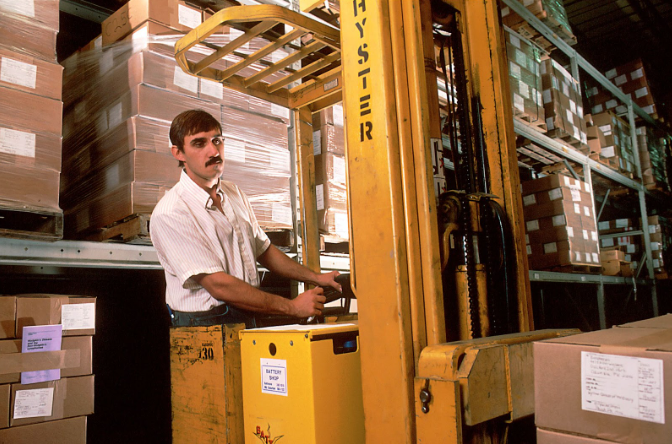The transportation of goods is fraught with many possible dangers. This involves not only the issue of driving safely without accident or collision, avoiding delays or possible mishaps, but also the proper protection of the cargo. It turns out that it is this aspect that is crucial for the delivery of goods in their entirety and in proper condition, and most losses during transportation are caused precisely by inadequate protection of items. Who is responsible for this?
Cargo activities – what is important in the transportation of goods?
Issues related to the adequate protection and proper transportation of various types of items are specified in Article 43(2) of the Law of November 15, 1984, Transportation Law. According to the provision, the transported goods must not contribute to exceeding the permissible weight of the vehicle and axle loads, and loading activities must be carried out in accordance with the applicable traffic and public road regulations.
Loading activities include not only the proper loading of goods. It is also any handling issues that take place during transport, if necessary, and the final unloading at the destination.
Securing the cargo must take into account its proper placement, which will not impede the driver’s visibility or driving. The loaded cargo must also not obscure important equipment, such as lights or license plates. All of these issues are the responsibility of the loader.
Who is responsible for loading the goods and securing them?
According to the law, issues related to cargo security lie with both the shipper and the consignee of the goods. In practice, it is always advisable to specify these responsibilities in the relevant contract in case of damage or destruction of property. Most often, however, the shipper is responsible for properly packing and securing the cargo. However, the proper arrangement of the goods in the vehicle, taking into account the center of gravity, securing with appropriate straps, ropes, wedges, etc. accessories should be done by the carrier to the best of his knowledge.
For the security of the cargo, as well as the safety of the vehicle, the proper arrangement of the transported items is also crucial. According to generally accepted rules, it is the carrier who protects the shipment during transport. It is the shipper’s responsibility to secure the goods by placing them in appropriate boxes or cartons with fillers.
Cargo security – what is worth remembering?
Since the law does not unequivocally indicate the entity responsible for securing the cargo, it is worthwhile to include all issues related to duties and responsibilities in an appropriate agreement. Then, in the event of damage, for example, during transshipment, it will be much easier to seek redress and compensation.
This also applies to the protection of the carrier, which is not always at fault for damage to the goods. Often this is due to faulty protection of the items by the shipper. With clearly defined rules, it will be much faster to assert your rights.

